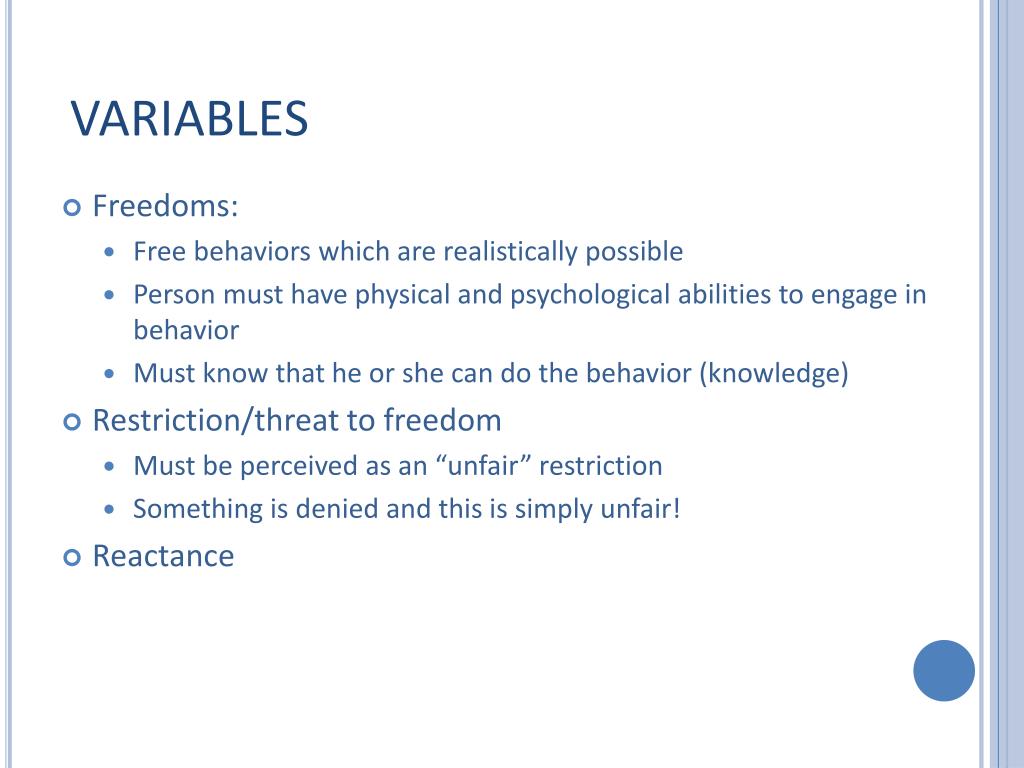

Precisely, we tested whether reduced or absent task engagement at the psychological level (i.e., motivation to successfully engage the competitive situation) was associated with blunted cardiovascular reactivity to performance. In this investigation, we examined task engagement in a multi-round performance at the psychological and physiological levels. However, sometimes individuals may disengage from the situation at hand and stop trying their best, which could harm their performance. Having experienced progress or obstacles, individuals must keep their motivation and maintain engagement at psychological and physiological levels to achieve ultimate success. A similar situation is observed in most esports, combat sports, or even team sports. Thus, the competition comprises an ongoing process of winning and losing points, games, sets, and matches. For instance, tennis players must win two or three sets consisting of six games to win the match and multiple matches to win a tournament. Sometimes success requires only a single effort, but most often, success involves a complex and dynamic process involving performance and performance feedback at different time points.

Individuals compete to get a job, find a life partner, get into college, or win sports tournaments. The findings extend existing literature by providing initial evidence that blunted cardiovascular reactivity may serve as the index of low task engagement.Ĭompetition is an integral part of life. Furthermore, poorer performance in the previous game was related to increased task engagement in the subsequent match. Lower psychological task engagement was related to blunted heart rate reactivity during the performance. We recorded psychological task engagement, heart rate reactivity, and the difference between goals scored and conceded. Gamers ( N = 241) completed five matches of the soccer video game FIFA 19. We expected that low psychological task engagement would be related to blunted cardiovascular reactivity during the performance. We accounted for physiological task engagement by examining blunted cardiovascular reactivity, the third possible cardiovascular response to performance, in addition to the challenge/threat responses. We aimed to investigate task engagement in performance at the psychological and physiological levels. Although the role of challenge and threat in predicting performance has been extensively tested, few studies have focused on task engagement. © 2022, The Author(s).Challenge and threat models predict that once individuals become engaged with performance, their evaluations and cardiovascular response determine further outcomes.

I conclude by laying out the ways in which my analysis of data quality is relevant to, and informed by, recent debates about the replicability of experimental results. Artifacts occur when one or more of these background assumptions are false, such that the data do not reliably serve the purposes they were generated for. My analysis construes experimental results as the outcomes of inferences from the data that take material background assumptions as auxiliary premises. Highlighting the artificiality of experimental data, I raise (and answer) the question of what distinguishes a genuine experimental result from an experimental artifact. But what are experimental artifacts and what is the most productive way of dealing with them? In this paper, I approach these questions by exploring the ways in which experimenters in psychology simultaneously exploit and suppress the reactivity of their subject matter in order to produce experimental data that speak to the question or subject matter at hand. The latter are connected to the worry about distorted data and experimental artifacts. I argue that reactivity is a ubiquitous feature of the psychological subject matter and that this fact is a precondition of experimental research, while also posing potential problems for the experimenter.

While the term “reactivity” has come to be associated with specific phenomena in the social sciences, having to do with subjects’ awareness of being studied, this paper takes a broader stance on this concept.


 0 kommentar(er)
0 kommentar(er)
